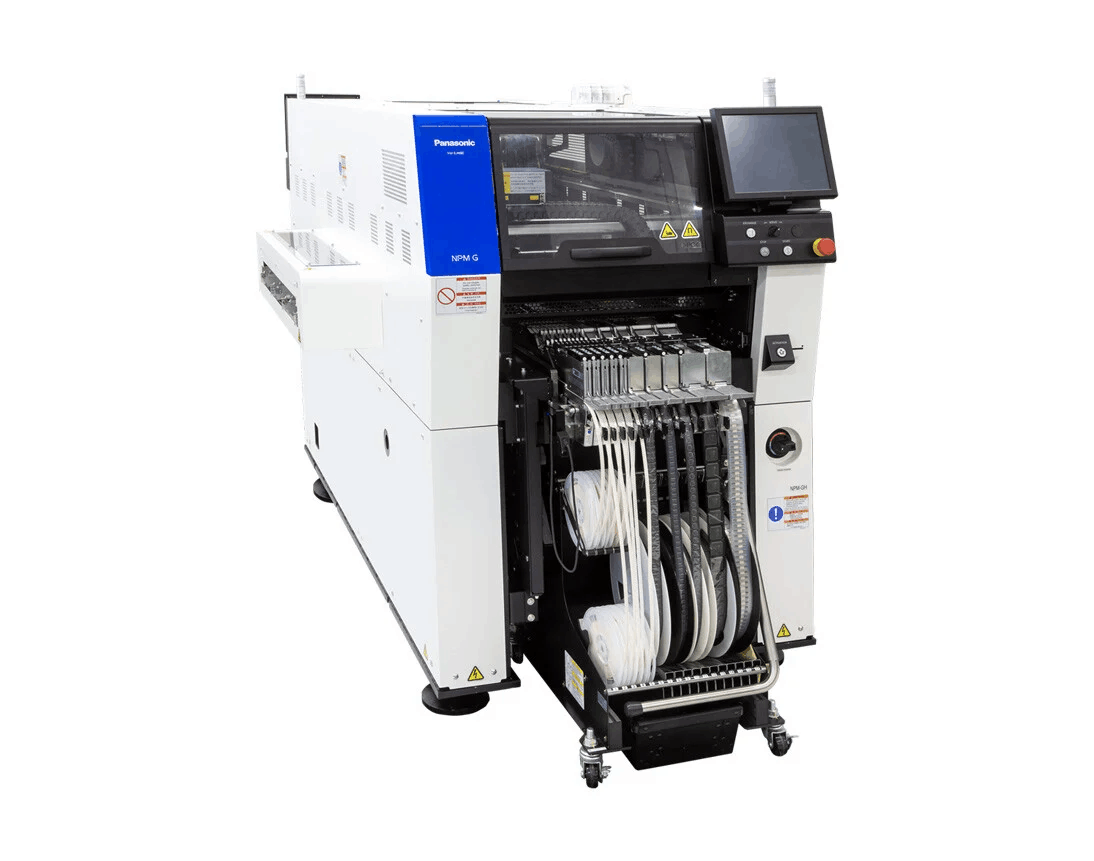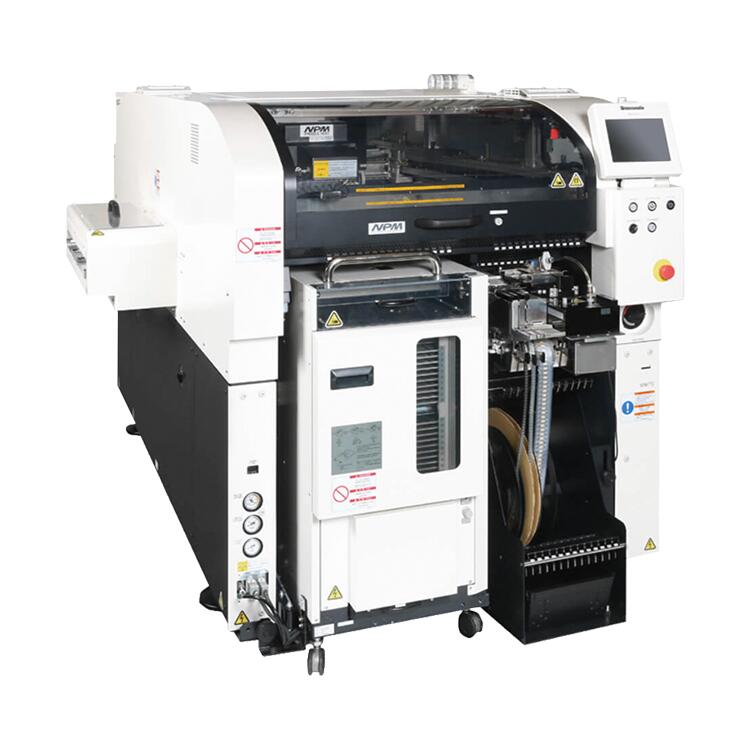Content Menu
>> Overview of SMT Technology
>> Key Features of Panasonic SMT Machines
>> Benefits of Using Panasonic SMT Machines
>> Applications of Panasonic SMT Machines
>> Case Study: Success Stories with Panasonic SMT Machines
>> Conclusion
>> Frequently Asked Questions
Overview of SMT Technology
Surface Mount Technology (SMT) refers to the method of mounting electronic components directly onto the surface of PCBs. This technique has largely replaced traditional through-hole technology due to its numerous advantages, including reduced size, weight, and improved performance. SMT machines automate the assembly process, significantly enhancing speed and accuracy.
Key Features of Panasonic SMT Machines
1. High Productivity: Panasonic's NPM series, for instance, can achieve mounting speeds of up to 171,000 components per hour when multiple machines are connected. This high throughput is crucial for meeting the demands of large-scale production runs.
2. Versatile Component Handling: The machines are designed to accommodate a wide range of component sizes—from tiny 0402 packages to larger components measuring up to 120mm x 90mm. This versatility allows manufacturers to produce a variety of products without needing multiple machines.
3. Advanced Inspection Capabilities: Panasonic SMT machines integrate various inspection technologies, such as Automated Optical Inspection (AOI) and Solder Paste Inspection (SPI). These systems ensure that components are placed correctly and that solder joints meet quality standards.
4. User-Friendly Operation: The intuitive Human-Machine Interface (HMI) simplifies operation, allowing for quick model switching and reduced downtime during production changes.
5. Integration with Factory Automation: Panasonic offers comprehensive solutions that include not just SMT machines but also software for factory automation. This integration enhances overall production efficiency by optimizing workflow and resource management.

Benefits of Using Panasonic SMT Machines
- Increased Efficiency: By automating the placement process, Panasonic SMT machines minimize manual labor and reduce assembly time.
- Enhanced Quality Control: With built-in inspection systems, manufacturers can maintain high-quality standards throughout the production process.
- Cost Savings: The reduction in labor costs and increased throughput lead to significant savings in manufacturing expenses.
- Scalability: Panasonic's modular designs allow manufacturers to start small and scale up operations as needed without overhauling their production lines.
Applications of Panasonic SMT Machines
Panasonic SMT machines are widely used across various industries:
- Consumer Electronics: From smartphones to home appliances, these machines play a vital role in assembling compact electronic devices.
- Automotive Industry: With the rise of electric vehicles and advanced driver-assistance systems (ADAS), reliable electronic components are essential.
- Medical Devices: High precision is critical in medical electronics; thus, Panasonic SMT machines are employed in producing devices like pacemakers and diagnostic equipment.
Case Study: Success Stories with Panasonic SMT Machines
Several companies have reported significant improvements in their manufacturing processes after integrating Panasonic SMT machines:
- A leading smartphone manufacturer increased its production efficiency by 30% after implementing a dual-lane NPM machine setup.
- An automotive supplier reduced its defect rate by 25% through enhanced inspection capabilities provided by Panasonic's integrated systems.
Conclusion
The Panasonic SMT machine stands out as a pivotal technology in the electronics manufacturing landscape. Its combination of speed, precision, and adaptability makes it an invaluable asset for companies looking to enhance their production capabilities. As industries continue to evolve towards more automated solutions, the role of advanced machinery like that from Panasonic will only grow more critical.

Frequently Asked Questions
1. What is an SMT machine?
- An SMT machine is an automated device used for placing surface mount devices (SMDs) onto printed circuit boards (PCBs).
2. How does the Panasonic SMT machine improve productivity?
- It achieves high mounting speeds and integrates inspection technologies that streamline the assembly process.
3. What types of components can be handled by Panasonic SMT machines?
- They can handle a wide range of components from tiny resistors to larger connectors.
4. Are Panasonic SMT machines suitable for small-scale production?
- Yes, their modular design allows for scalability from small to large production runs.
5. How do inspection systems in Panasonic SMT machines work?
- They utilize optical sensors to verify component placement and solder quality during the assembly process.
[6] https://www.smtfactory.com/introduction-of-smt-pick-and-place-machine





























